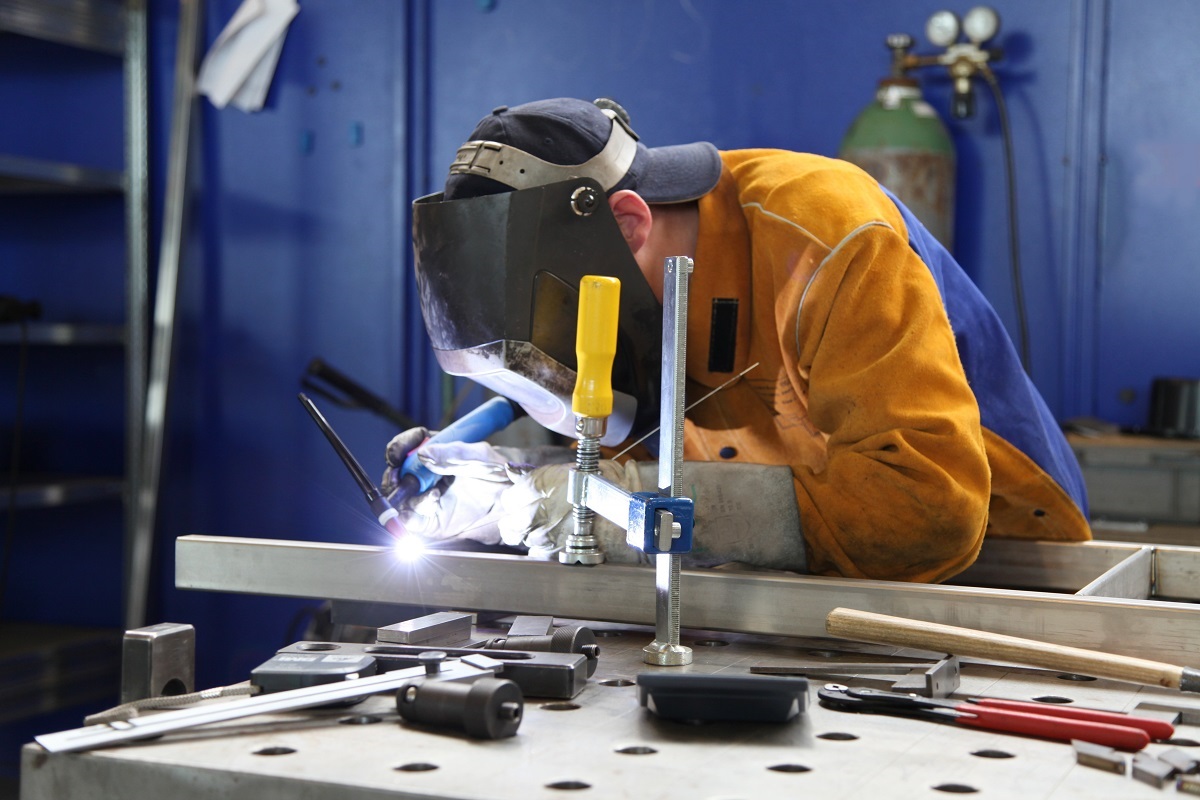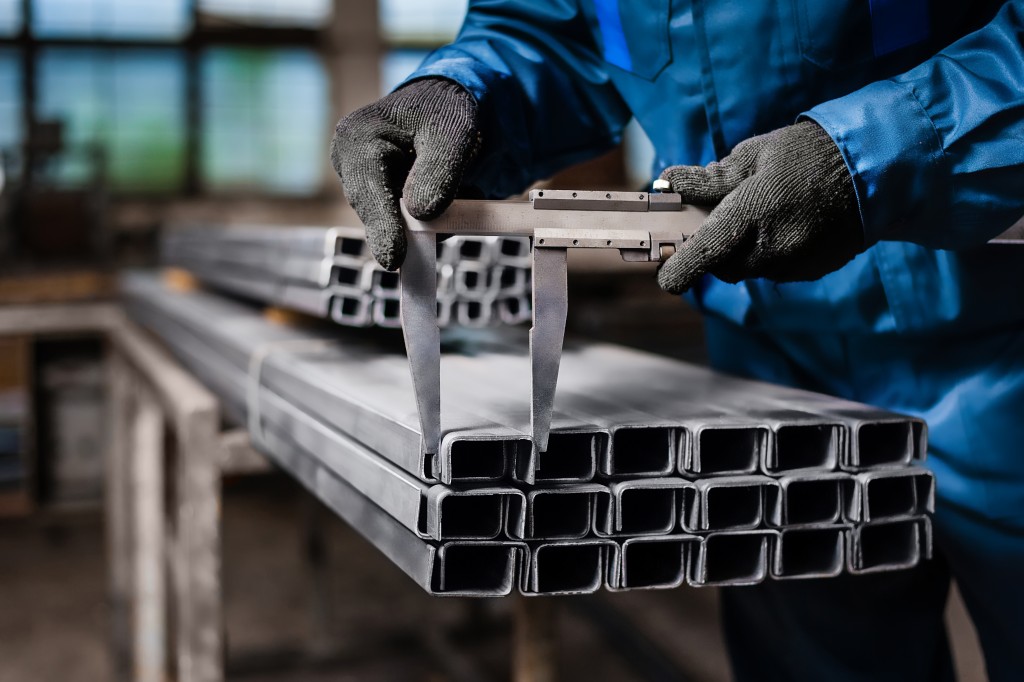One of the issues plaguing the machining sector is occupational health and hazard. Moving machine components could cause severe workplace injuries, such as amputations, crushed hands or limbs and blindness. According to a report from ISHN Magazine, approximately 18,000 machine workers every year suffer from severe injuries.
Employees who work with metal components, unfortunately, are one of the victims of such unfortunate events. Fabricating metal involves using rugged, raw and rough metal components, which workers then cut, bend and assemble to create the desired finished product. Exposure to unsafe working conditions, as well as unreliable machinery and tools, can result in manufacturing mishaps and occupational injuries.
The good news is that you can take measures to maintain a safe work environment.
Here are seven safety tips that you could apply in your metal fabrication facility:
-
Table of Contents
Wear Protective Gear
Manipulating, bending and shearing metal using rotary die cutting machines and other fabrication equipment is dangerous work. Unexpected projectiles, such as metal splinters flying off from the machine, can injure a worker’s eyes, hands or body. Before working with any metal fabrication equipment, all machine workers must wear the following:
- Eye Protection, such as Safety Goggles
- Hearing Protection
- A Pair of Safety Gloves
- Several Pairs of Leather
These safety accessories and clothing should adhere to the standards set by the American National Standards Institute (ANSI).
-
Stay Level-Headed While Working
Worker carelessness often results in unfortunate events. A single and seemingly minor mistake of an employee could lead to finger amputation or hand crushing. A metal fabrication supervisor forgetting to turn off the main power switch before leaving for the day could result in short-circuit fueled fires. Distractions, whether due to personal problems or other reasons, are dangerous for the business and the workers.
If you are unable to keep your focus at work for whatever reason, back away from the fabrication machines and inform your supervisor.
-
Use Metal Fabrication Machines and Tools Properly
The tools and machines in your facility are not toys. They cost thousands of dollars to purchase and maintain. The improper use of these tools and equipment could injure or even take a person’s life. So, take your work seriously handle your tools wisely.
-
Test Your Fabrication Tools Before Using Them
Tool testing should be a common practice in your shop or facility. Before you start or resume any metal fabrication project, check the tools assigned to you. Report ineffective, faulty and malfunctioning tools to your work supervisor, so that you could obtain better and sharper ones as fast as possible.
-
Keep Your Metal Fabrication Shop Organized

Disorganized workstations can result in falls and other injuries. You can prevent this scenario by keeping the workspace and the floor area on your facility organized, spick and span and free of clutter.
-
Make Sure Your Facility Has a First Aid Kit
Not every metal fabrication business can afford on-the-clock medical doctors. Every single one of them, however, can purchase first aid kits that adhere to the requirements set by the Occupational Safety and Health Administration (OSHA). Having A-class first aid supplies is extremely handy in the event of any medical emergency.
-
Promote a Safe Fabricating Environment
Be a safety advocate or ambassador in your metal fabrication facility by making workplace safety at the top of your employer’s priority list. Take the initiative to communicate safety policies to staff members, especially to employees working with dangerous machinery.
What’s more, post safety signage throughout the fabrication shop. Hold workers accountable when they fail to follow the established protocols set by your shop supervisor or general manager. Accountability and clear communication of safety guidelines can go a long way in preventing injuries on the production floor.
Employee safety is essential, especially if you’re a worker in the machining industry. Following these seven measures will help keep you and your co-workers safe and productive at all times.




